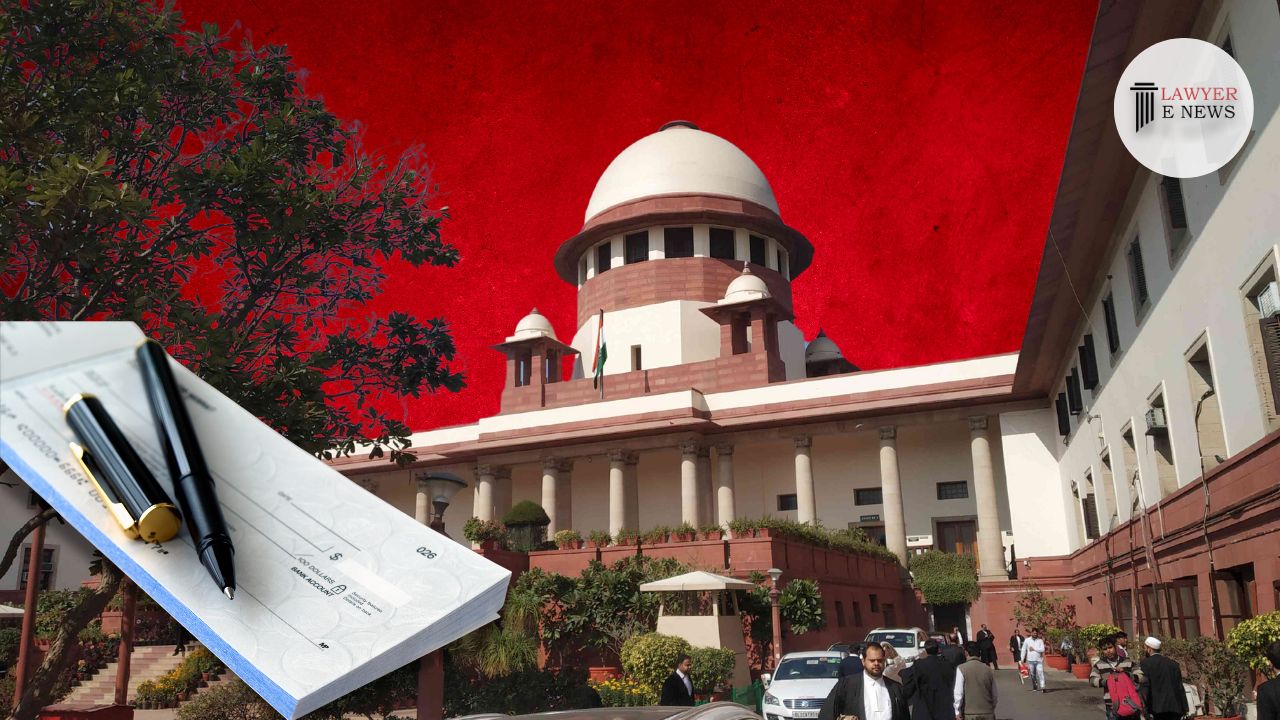-
by sayum
14 February 2026 2:22 PM



High Court's decision to dismiss writ petition on tender cancellation upheld; Arbitrary actions in public-private contracts scrutinized under Article 14
In a significant ruling, the Supreme Court of India has delineated the scope of judicial review in contractual disputes involving state actions. The judgment in Civil Appeal No. 6741 of 2024, delivered by a bench led by Justice J.B. Pardiwala, upheld the High Court of Calcutta's decision to dismiss the writ appeal filed by Subodh Kumar Singh Rathour, challenging the cancellation of a tender awarded for the maintenance of underpasses on the Eastern Metropolitan Bypass. The Court emphasized the importance of fairness, transparency, and the rule of law in public contracts, especially those involving public-private partnerships.
The appellant, Subodh Kumar Singh Rathour, had been awarded a tender by the Chief Executive Officer and others (respondents) for the maintenance of two underpasses, inclusive of advertisement rights, for a ten-year period. The tender, floated on May 12, 2022, stipulated comprehensive maintenance duties alongside the management of advertisement spaces. However, on February 7, 2023, the respondents canceled the tender, citing technical faults and public interest considerations, including the need to separate maintenance from advertisement licensing to engage specialized experts.
The Supreme Court extensively analyzed the evolution of judicial review in contractual matters involving the state. Historically, disputes arising solely from contracts were not adjudicated under writ jurisdiction. However, the Court acknowledged the shift towards allowing judicial scrutiny in cases where state actions appear arbitrary or violate the principles of natural justice, fairness, and equality under Article 14 of the Constitution.
The Court cited previous judgments, such as ABL International Ltd. v. Export Credit Guarantee Corporation of India Ltd. and Mahabir Auto Stores & Ors. v. Indian Oil Corporation, which established that state actions in contractual fields are subject to judicial review if they exhibit arbitrariness, discrimination, or lack of fair play. The Court underscored that judicial intervention is warranted when public law principles are at stake, despite the non-statutory nature of the contract.
Scrutinizing the cancellation of the tender, the Court found that the respondents' justifications were unconvincing. The claimed technical faults were not mentioned in the initial cancellation notice, which instead cited the transfer of maintenance responsibilities to another authority as the reason. The Court held that such actions, lacking genuine rationale and driven by extraneous considerations, are arbitrary and violate Article 14.
Justice Pardiwala remarked, "The mere apprehension of lack of expertise does not justify the cancellation of a duly awarded tender. Such actions must adhere to the agreed contractual terms and not be influenced by ulterior motives".
The Supreme Court's ruling reinforces the principle that state actions, even in contractual matters, must be fair, just, and reasonable. By upholding the High Court's decision, the judgment sends a strong message against arbitrary administrative actions and underscores the judiciary's role in ensuring transparency and accountability in public procurement processes. This landmark decision is expected to significantly influence future cases involving public-private partnerships and state contracts.
Date of Decision: July 9, 2024
Subodh Kumar Singh Rathour vs. The Chief Executive Officer & Ors.
